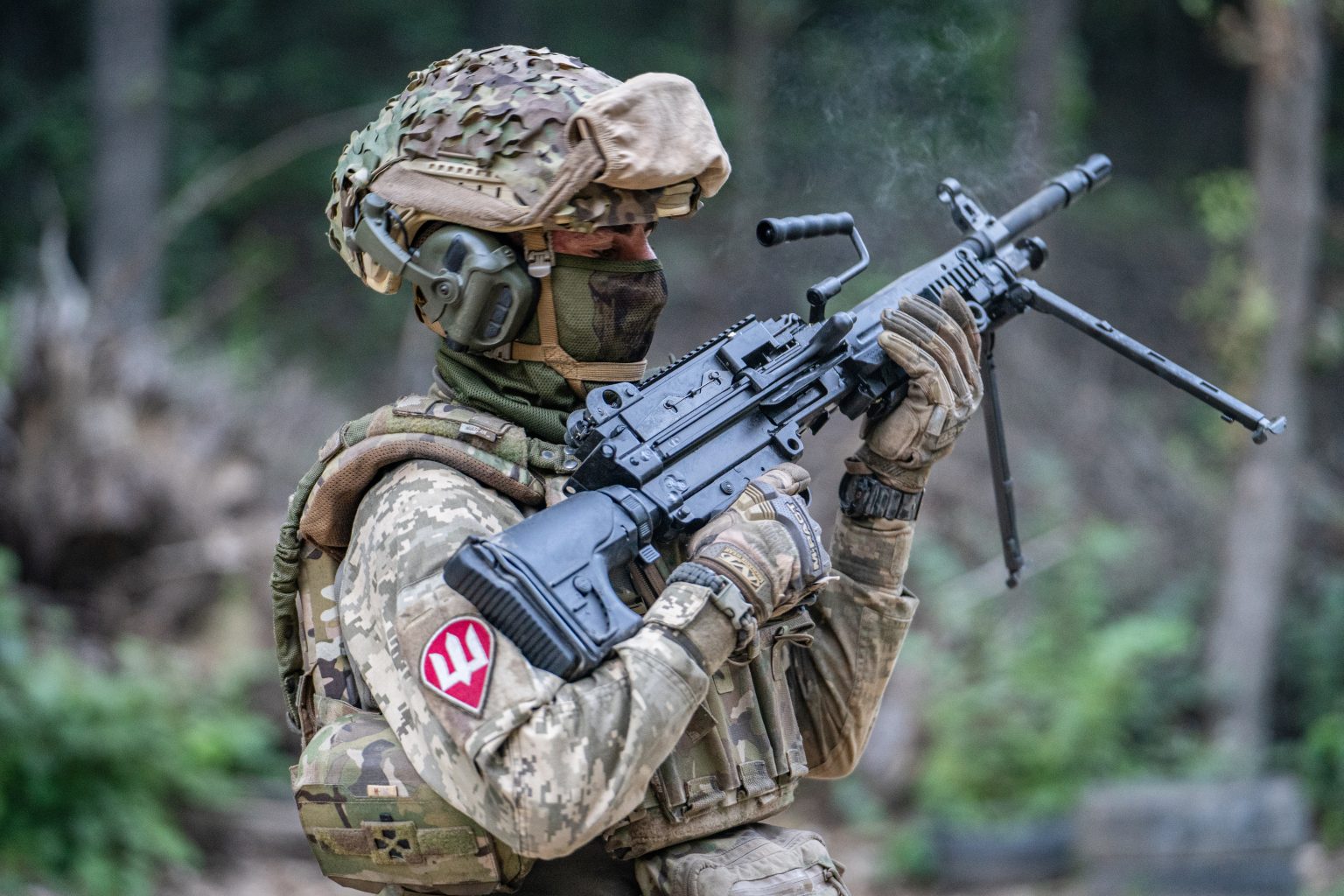Britain will not switch to a new calibre after the US, but will simply look for an updated machine gun for its army

The UK Ministry of Defence has announced a tender for a new 5.56mm light machine gun to replace the old FN Minimi. The total cost of the Troubler project could reach £4 million (€4.82 million).
Here's What We Know
According to the terms of the tender, the new machine gun should weigh no more than 7.2 kg. This figure corresponds to the weight of the L110, the British FN Minimi, which was decommissioned in 2019 along with the L86 and later replaced by the heavier FN MAG in 7.62 mm calibre. However, the British Army is currently reconsidering this decision.
The call for proposals will run until 24 March, with deliveries to begin no later than 1 July 2026. Among the possible options are the upgraded Minimi Mk3, which in its current version weighs 8 kg, or the FN Evolys, which weighs 5.5 kg, has a barrel length of 14 inches and a rate of fire of 750 rounds per minute.

FN Minimi in service with the 82nd Air Assault Brigade. Illustration: "Come back alive"
The FN Minimi remains the most commonly used machine gun in this calibre, produced in the United States under the M249 name and licensed to other countries.
The announcement of the 5.56mm tender also provides insight into the future of British small arms. As part of the Grayburn project, which started in 2023, London plans to replace the L85 (SA80) assault rifles, but judging by the calibre chosen for the new machine gun, the army does not intend to switch to other ammunition.
The US is already introducing the 6.8×51mm calibre to replace the 5.56×45mm, which will be used in the new XM7 assault rifles and XM250 machine guns that will replace the M4 and M249. The UK could have followed suit, but chose to stay with the familiar calibre, likely due to cost and the need to align with European allies.

The M249 during the Gulf War. Illustration: Reddit
This also suggests that the most likely candidate to replace the L85 (SA80) may be the HK416 from Heckler Koch, which is already in service in France and Germany.
Source: Defence Express